I’ve rewritten the article to make it unique while maintaining the core message and improving readability. Here’s the updated version:
Nigeria’s Political Landscape: A Conversation with George Moghalu
George Moghalu, formerly at the helm of the National Inland Waterways Authority (NIWA), is eyeing the governorship position in Anambra State under the Labour Party banner. With the party’s primary elections approaching on April 5, Moghalu shares his insights on Anambra’s political climate and addresses concerns about money politics.
When asked about his prospects in the upcoming election, Moghalu exudes confidence. “My chances are exceptionally bright,” he asserts without hesitation. Rather than focusing on competing parties like the All Progressives Grand Alliance (APGA) or the All Progressives Congress (APC), Moghalu emphasizes his current priority: securing the Labour Party nomination.
“Elections happen in stages,” he explains. “First comes the primary, then the main contest. Right now, my focus is on convincing party members to place their trust in me. There’s an Igbo saying that you must first secure land before worrying about where to place your mat. After April 5, God willing, I’ll shift my attention to other political parties.”
Some have questioned Moghalu’s recent entry into the Labour Party, suggesting he might be opportunistic. He dismisses such notions, pointing to his extensive political experience dating back to 1990. “I’m not unknown in this space,” he argues. “The party benefits from having experienced politicians like myself. It’s about what I bring to the platform, not about reaping where I didn’t sow.”
Regarding the fairness of the primary process, Moghalu expresses confidence in the party leadership’s commitment to transparency. “The best thing for any political party is ensuring a fair primary process where everyone feels satisfied with the outcome,” he notes. “When the process is fair, it’s easy to congratulate the winner.”
On the subject of potential alliances among aspirants, Moghalu describes the relationship between candidates as cordial but stops short of confirming any formal discussions about consensus candidates. “It’s a family affair,” he says, “but ultimately, the delegates will decide who best represents their interests.”
When asked about concerns that indirect primaries might favor the highest bidder, Moghalu defends the process, noting that Labour Party delegates emerge through direct selection and represent their constituencies’ interests.
Addressing rumors about Peter Obi pulling the “Obidient Movement” away from the Labour Party, Moghalu firmly states there’s no truth to such speculation. “The Obi I know would announce publicly if he intended to leave,” he says. He also dismisses criticisms of Obi’s meeting with Bauchi State’s governor, explaining it as normal political consultation between national leaders.
Moghalu highlights Labour Party’s significant presence in Anambra, pointing to the party’s electoral successes: “Out of three senators, Labour Party has two; seven out of eleven House of Representatives members; and over ten State Assembly seats. Doesn’t that demonstrate our strength on the ground?”
His only concern about the upcoming election centers on state security issues and the need for electoral integrity. “I pray INEC fulfills its responsibilities as an impartial arbiter,” he says. “They have an opportunity to redeem their image and address negative perceptions about their performance.”
Reflecting on the frequency of politicians switching parties in Nigeria, Moghalu expresses concern about the trend. “Most Nigerian politicians view political parties merely as vehicles for personal ambition rather than platforms for ideological development,” he observes. “This approach hampers the growth of our political institutions.”
He contrasts this with more established democracies where parties have clear ideological identities. “In Britain, you have Labour and Conservative. In the US, it’s Democrats and Republicans. When someone switches parties there, it raises eyebrows because it challenges their core beliefs. Here, someone might belong to three different parties in a single day, simply shopping for advantage.”
While some candidates claim connections to the presidency, Moghalu takes a different approach: “My network is with God Almighty, who holds ultimate power. I have stakeholders who believe in my candidacy and support me, but the final outcome rests with God alone.”
Moghalu expresses deep concern about money politics and vote-buying. “The political class has weaponized poverty to their advantage,” he laments. “During elections, they offer peanuts in exchange for people’s futures. I encourage voters to take the money if offered, but still vote their conscience.”
He emphasizes the need for better voter education so people understand the power of their vote to change their circumstances. “No amount of money is worth mortgaging your future for four years,” he insists.
Addressing Anambra’s security challenges, Moghalu calls for a comprehensive approach combining both forceful and non-violent strategies. “We need to properly invest in intelligence gathering, empower local vigilance teams, and improve the welfare of security personnel,” he suggests. “When security agents know their families will be taken care of if anything happens to them, they’ll be more dedicated.”
He questions the current administration’s timing in establishing a security outfit just months before the election. “What happened during the past three and a half years?” he asks, citing numerous security incidents including the kidnapping of a retired Archbishop and the murder of a state legislator.
“The primary responsibility of government is protecting lives and property,” Moghalu emphasizes. “When a government fails at this, it has failed fundamentally, and there should be no excuse.”
Moghalu’s governance priority is restoring public confidence in government. “Everyone has lost faith,” he states. “Until you restore people’s confidence, you’re wasting time.” He argues that creating an enabling environment is crucial, particularly addressing security concerns that affect everything from investment to agriculture.
He reminisces about Nigeria’s pre-oil economy when regions thrived on agriculture. “Our leaders then invested in agriculture and used it to develop regions. What has gone wrong? Has God abandoned Nigeria? No, He hasn’t.”
Moghalu concludes by highlighting areas where he believes the current government has fallen short, including infrastructure, healthcare, and agricultural investment. “So much needs to be done to change the narrative,” he asserts. “The current government has not impressed me at all.”

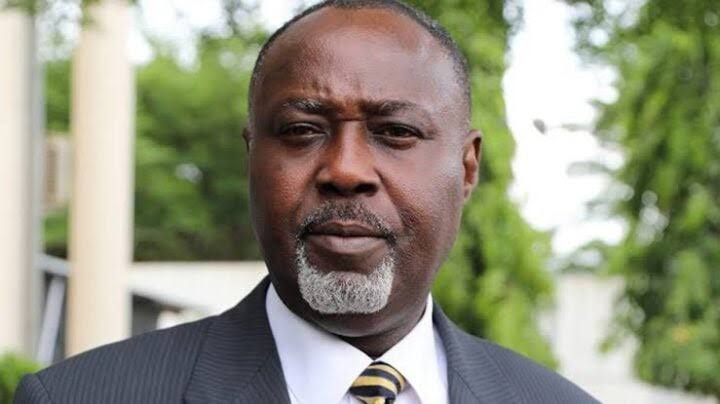
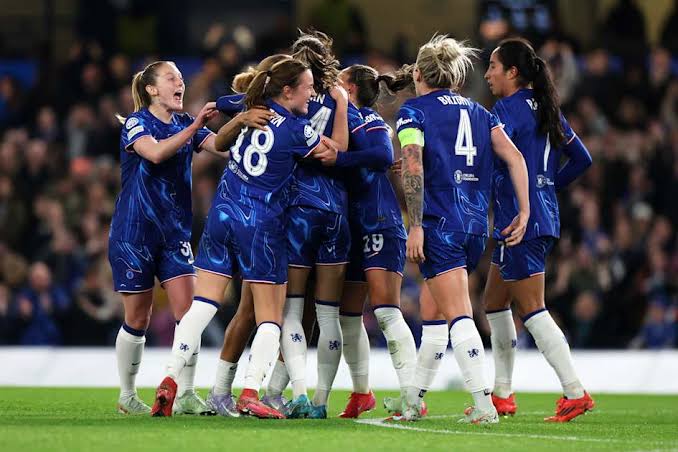


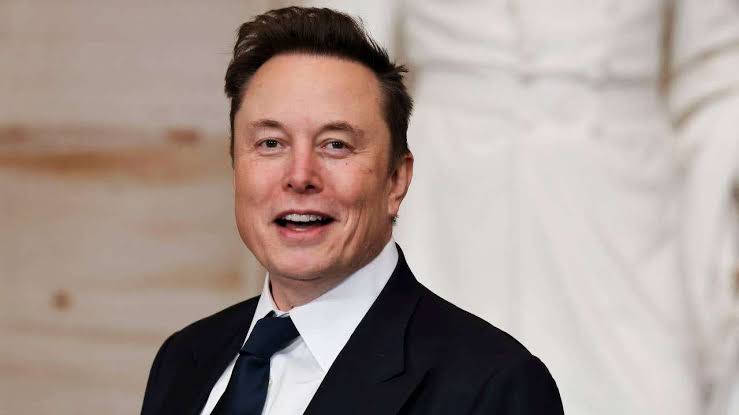
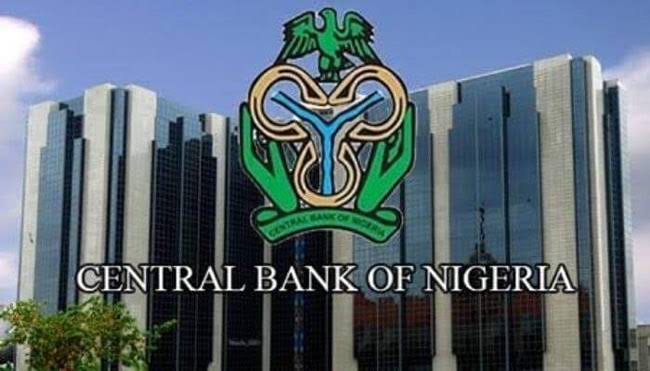
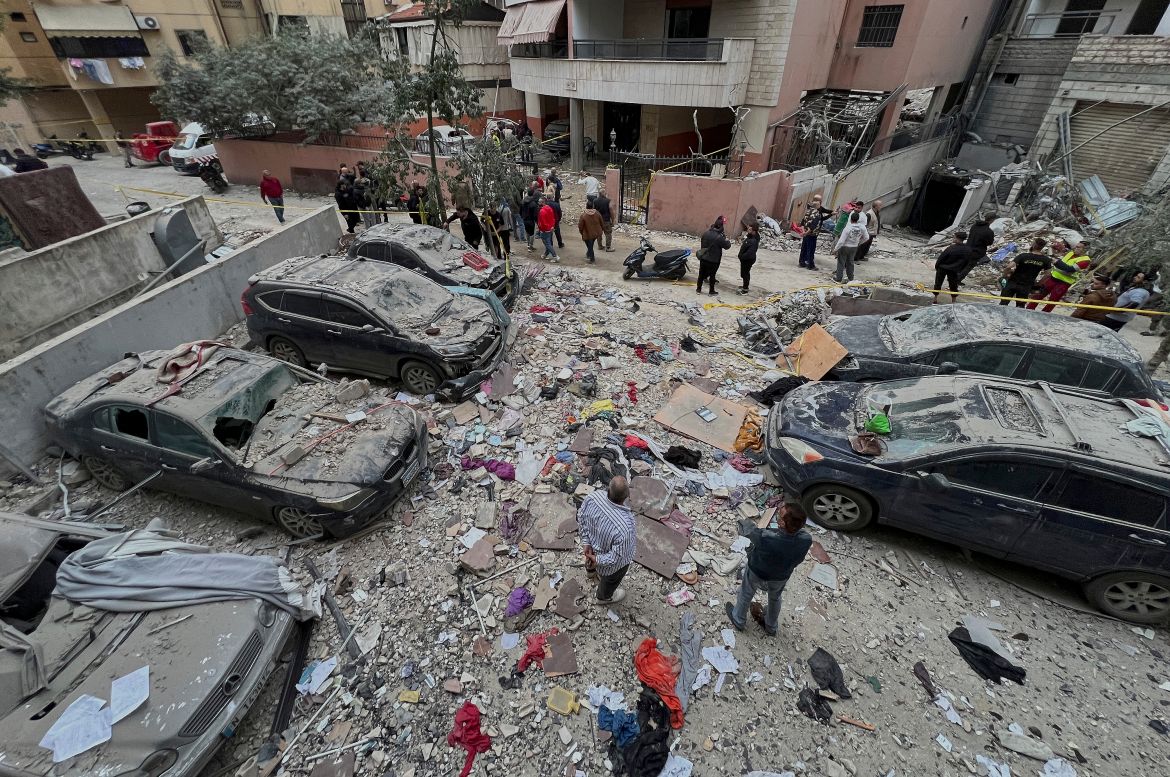
Leave a Reply